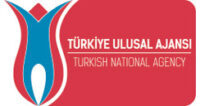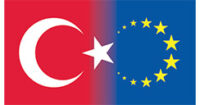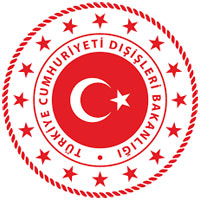The project’s main objective is to provide professional training for refugees, leading to better employment opportunities and living conditions.

Through developing the abilities of refugee trainers and acquiring knowledge of intermediary organisations catering to the needs of the refugee community, the integration of refugees will be fast-tracked into the labour market or the start-up of a business while promoting the development of innovative and effective mechanisms ensuring employment.
Between 2015 and 2016, the countries of Europe and those bordering Syria experienced an influx of more than 5 million Syrian refugees. Enabling migrants to become entrepreneurs lessens the effects of the crisis and facilitates social inclusion. Governments have supported refugees and integrated them into national health, education, employment, and social services. However, this is not enough for integration into the labour market necessary for social-economic development.
Migrants face many challenges establishing and managing entrepreneurship in their host countries.
These are interlinked and stem from –
- limited host-country capital
- lack of understanding of local labour markets
- lack of local business regulatory frameworks
- difficulties accessing local business networks
- lack of start-up capital and business facilities
- lack of language and cultural awareness
- lack of training programs
Our strategic partnerships aim to support the development of adult learning and building entrepreneurial capacity for migrants, transfer of innovative practices, and the implementation of joint initiatives promoting cooperation, peer learning, and exchanges of experience at the European level.
A needs analysis of the current refugee situation will be made by intermediary organisations working together with each partner. Analysis reports will also include how to develop the capacity of intermediary organisations to support the employment or the entrepreneurship of refugees. In addition, entrepreneurship, business planning, the legal aspects of setting up a company and the employee hiring process will receive focus.
All work-based learning programs for refugees through apprenticeships or those provided by refugee and intermediary organisations will be combined into one resource. An information campaign with supporting activities will be arranged to increase awareness about the benefits of hiring refugees.



